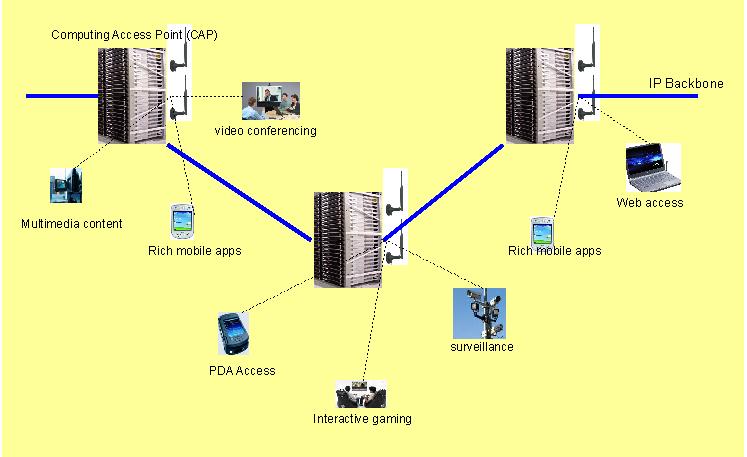Data Reliability and Scheduling in Mobile Wireless Networks
In recent times, the increase in the available wireless bandwidth particularly in the unlicensed bands has led to an increase in the development of and the demand for rich multimedia based wireless applications. On the other hand, rapid advances in the field of embedded computing have resulted in shrinking the size of the processors considerably to be employed in a vast array of wireless clients ranging from versatile application and ubiquitous computing oriented devices such as cell phones and PDAs to the application specific and core computing oriented sensor nodes for data aggregation and dissemination. While supporting rich applications across a few devices is a priority in a mobile cellular network, the paradigm is reversed to support primarily data processing across an enormous number of miniature sensor nodes with nascent processing abilities in a sensor network. Such needs of current wireless networks require the development of state of the art signal processing algorithms not only for efficient utilization of bandwidth, but also to optimize the available computing power in the miniature embedded processors. This also essentially aims at doing away with the previous framework of separate optimization of applications, computation and signal processing which is agnostic to the needs of the underlying wireless network and instead calls for developing a coherent framework across the communication layers with architectural purity to efficiently use the available resources. This project aims to address the above complex joint processing, computation and scheduling problem in wireless networks on multiple fronts to come up with novel algorithms and efficient architectures.
